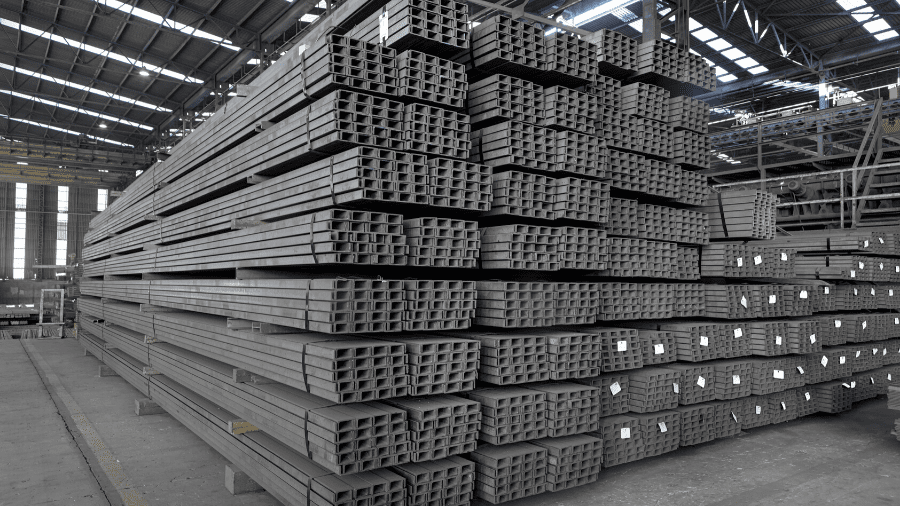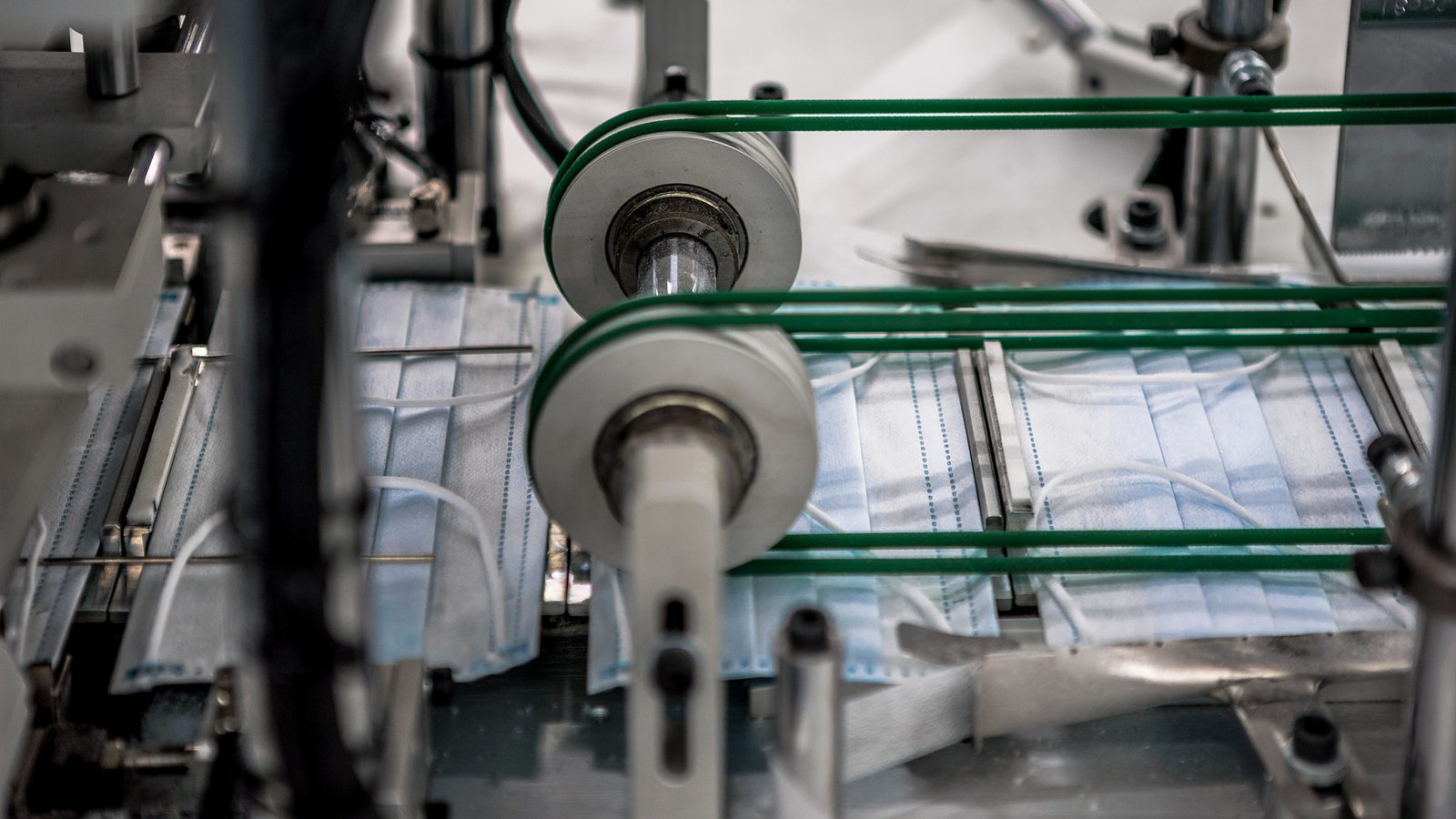By Laser 1 Technologies
Innovative Materials on the Manufacturing Horizon
Labs around the globe are populated by creative thinkers seeking to revolutionize materials of all kinds. A hundred years ago, plastic was just beginning to flourish. Kevlar was invented in 1964, and now widely used for personal protective gear, musical gear and car components.
What’s on the horizon now? What are scientists working on, hoping to engineer the next game-changing material that might transform manufacturing and/or the world?
Here are a few new materials to pique your imagination of future applications.
Phosphorene Nanoribbons
Phosphorene nanoribbons may be a huge game changer for battery technology. Accidentally discovered in 2019, these ribbons are a mere one atom thick and only 100 atoms across, but can be up to 100,000 atoms in length. Highly flexible, they can be twisted and can follow the contours of surfaces perfectly. Because they’re both manipulable and uniform, their electrical conductivity can be fine-tuned.
With these, charged ions in electric batteries could move up to 1,000 times faster, decreasing charging time and increasing capacity. They might also enable the battery industry to transition from scarce lithium ions to abundant sodium ions. They could even enable cheap hydrogen fuel production.
Silica Aerogel
Silica Aerogel is made by extracting the liquid out of silica gel using a supercritical dryer. It consists mostly of air pockets, and is technically a solid despite being 99.98% air. It’s ultra lightweight, and can trap heat just like your closed-cell camping pad. Images depict a vaguely opalescent, milky mass. Could this material enable humans to colonize Mars?
Bio-Based Composite Resin
In the Netherlands, students have crafted a car prototype, the body of which is made from a bio-based composite resin composed of flax seed fibers and polylactic acid (PLA). The weight of the car body is reduced to 20% that of a traditional car. While the current product is too brittle for car production, it has a high strength-to-weight ratio and is very promising.
Bioplastics
Today’s massive pollution problem demands a shift from traditional petroleum-based plastic. Research scientists are devoting their efforts to crafting substitutes which don’t rely on fossil fuels and are fully compostable.
A Turkish startup called Biolive has been working on bioplastic granules created from olive seeds, building bio-based, partially biodegradable products that can decompose in a year. The granules they produce act like fossil fuel-based plastics, enabling plastic producers to easily substitute the bio-product for conventional plastic granules without disrupting the production process.
A German start-up, Golden Compound, has created a bioplastic reinforced with sunflower hulls, which they state is 100% recyclable. They’re crafting a range of items including storage crates and office furniture. They also manufacture a 100% biodegradable “green” bioplastic which composts at the home level, from which they make biodegradable coffee mugs, coffee capsules, and plant pots.




